That statement is puzzling. How much memory is "plenty"? Our I/O nodes have 64GiB of RAM, which I would have thought would be considered "plenty".
But it also kind of misses the point. In the real world, it doesn't matter how much memory is installed on the node. The people who designed the system probably intended the memory to actually be used not just sit idle all the time because Lustre has no sane memory management.
On an "I/O" node, that memory needs might need to be shared by function shipping buffers, system debuggers, system management tools, and other filesystem software. On normal HPC compute nodes the memory is going to be under contention with actual user applications, other filesystems, etc.
My point is that memory contention is a normal situation in the real world. It is not a corner case. If we treat it as a corner case, we'll be putting out a subpar product.
Bug
Blocker
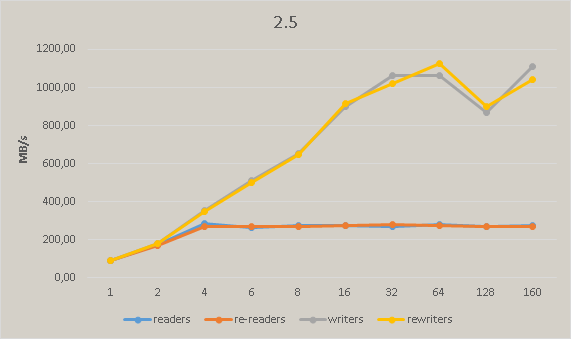
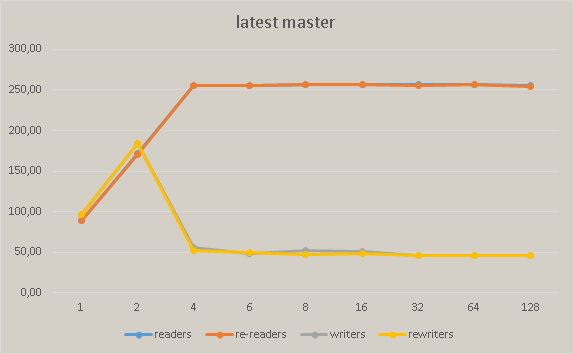
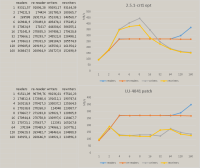
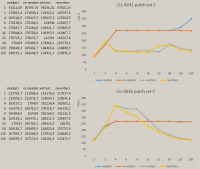

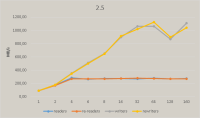
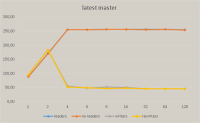
By plenty, I meant there are plenty of available memory. The memory can be temporarily `lost' when the write has completed but the transaction is not committed. Therefore, if the client has the extra memory available to hold UNSTABLE pages between two transactions, it should be able to maintain the highest write speed sustainable. Unfortunately, the exact amount of the extra memory highly depends on the performance and configuration of the OST.